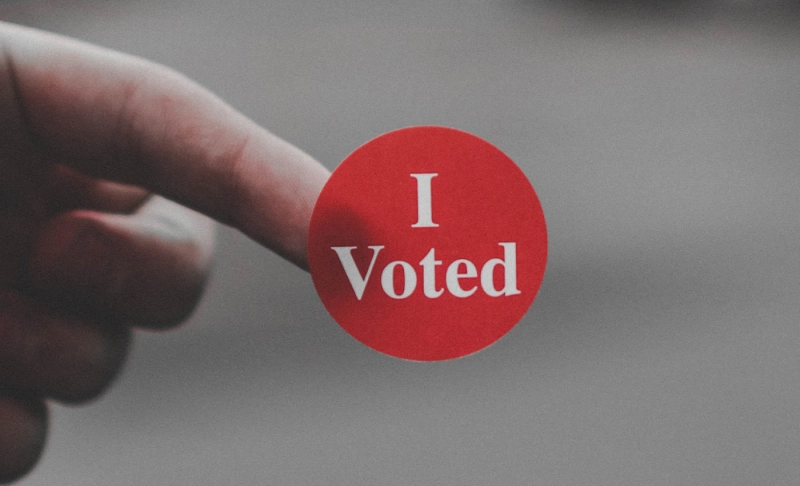By: Devika Kandelwal
August 21 2020

Despite the Snyder Act of 1924, states continued to decide who could vote. Utah was the last state to enfranchise Native Americans in 1962.
Despite the Snyder Act of 1924, states continued to decide who could vote. Utah was the last state to enfranchise Native Americans in 1962. The Snyder Act of 1924 or the Indian Citizenship Act, signed by President Calvin Coolidge, admitted Native Americans born in the U.S. to full U.S. citizenship. The Fifteenth Amendment, passed in 1870, granted all U.S. citizens the right to vote regardless of race. However, under the Snyder Act, Native Americans were still prevented from participating in elections because the Constitution left it up to the states to decide who has the right to vote. After the 1924 citizenship bill, it still took over forty years for all fifty states to allow Native Americans to vote. Utah, in 1962 was the last state to enfranchise Native Americans.